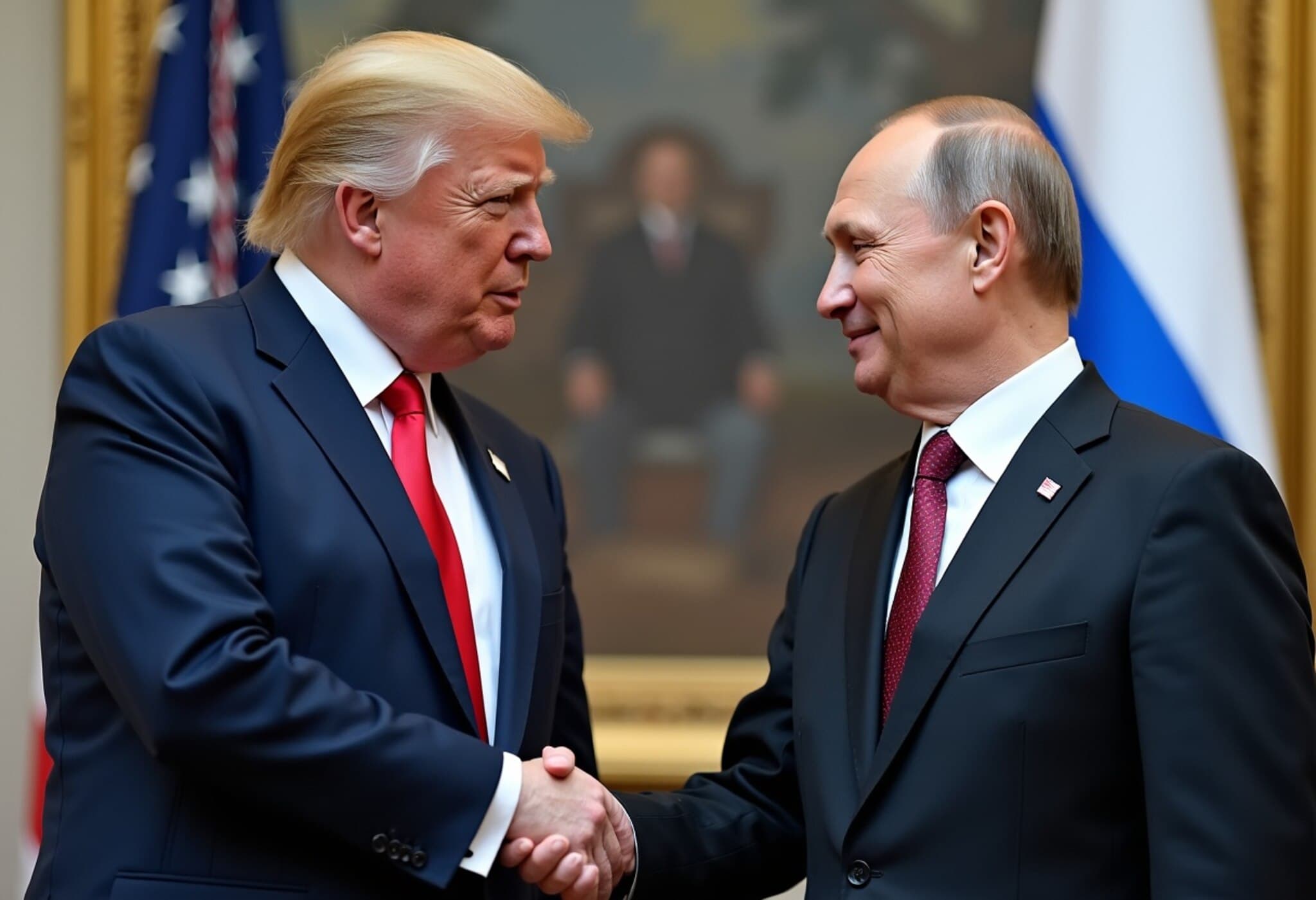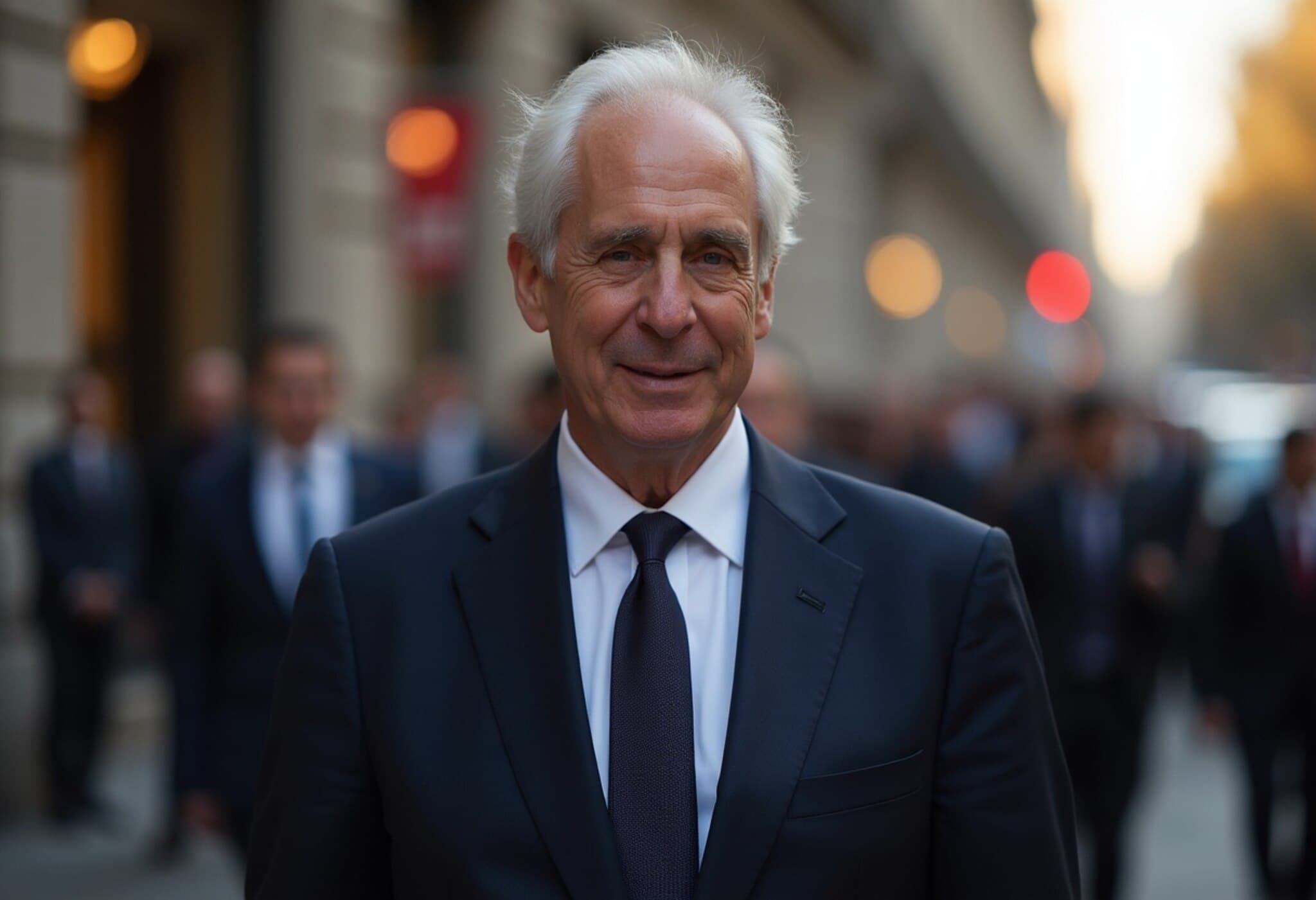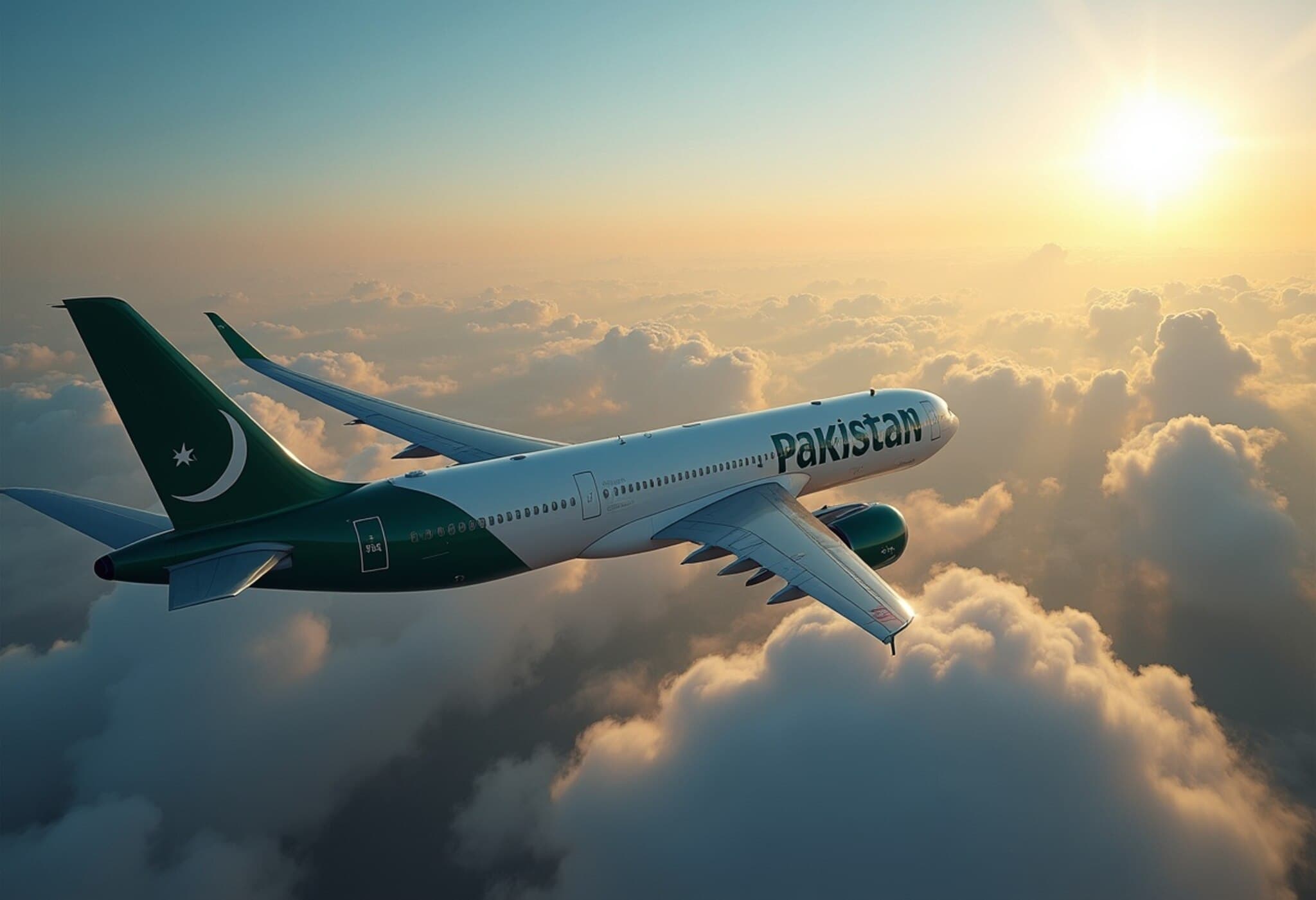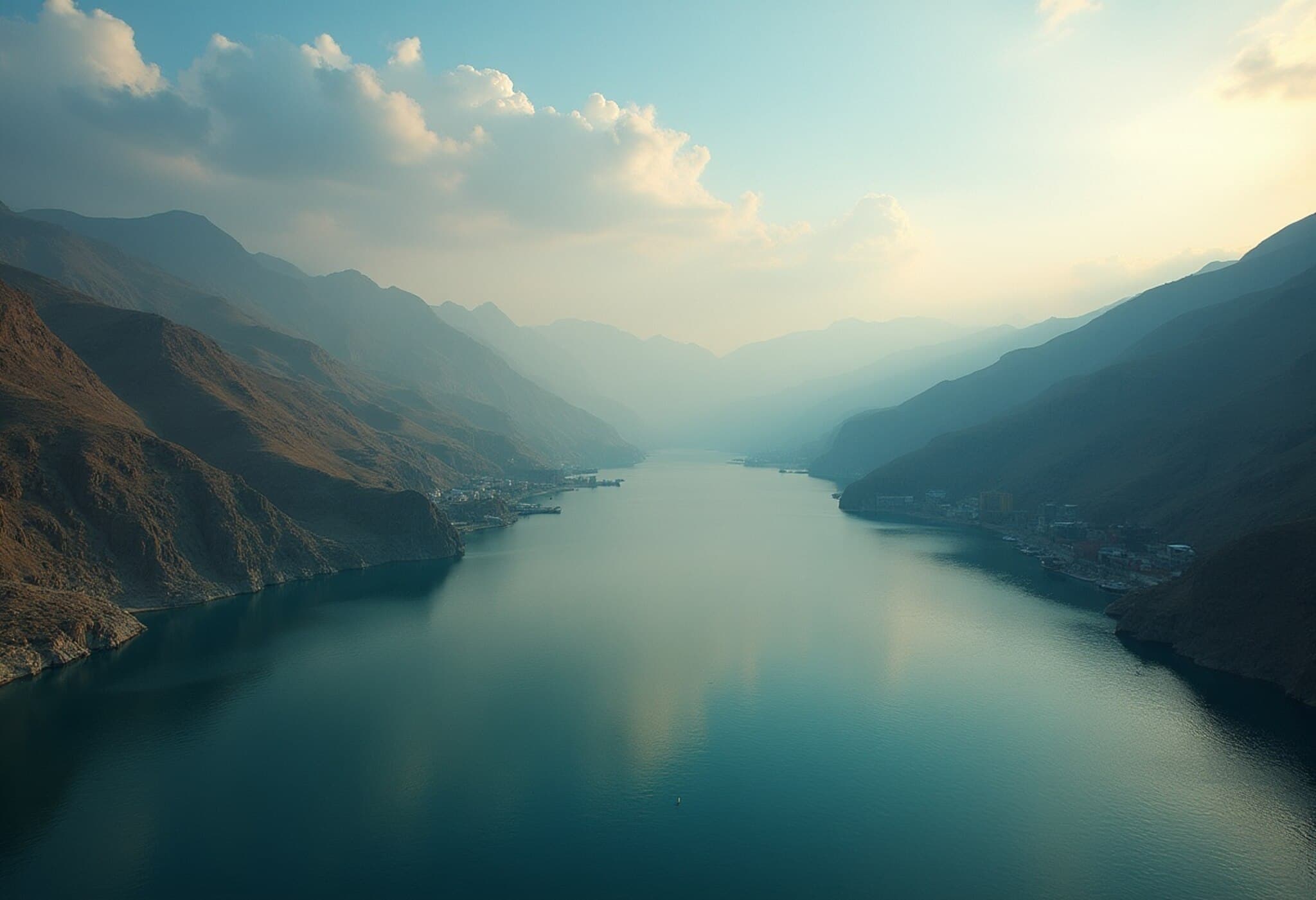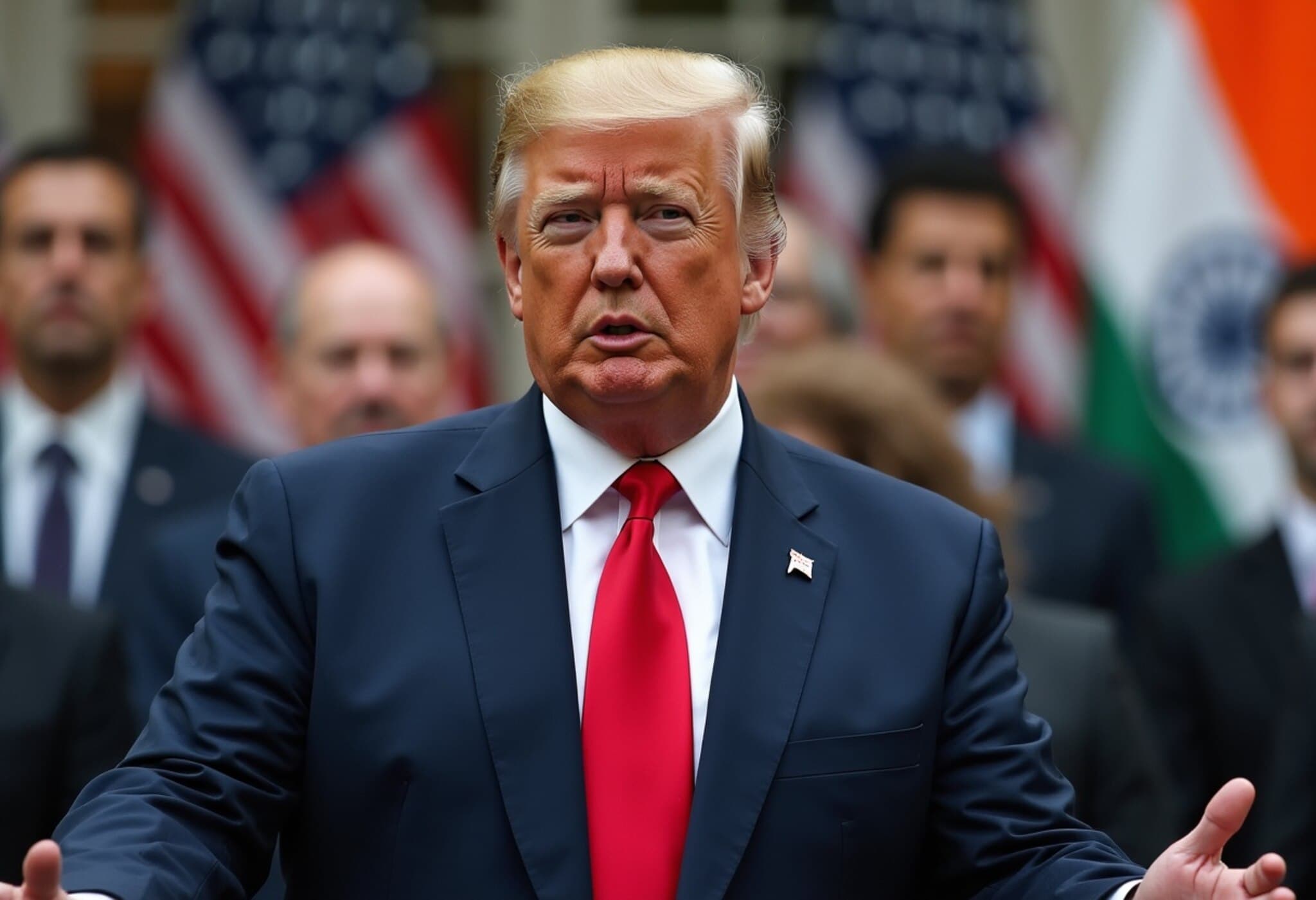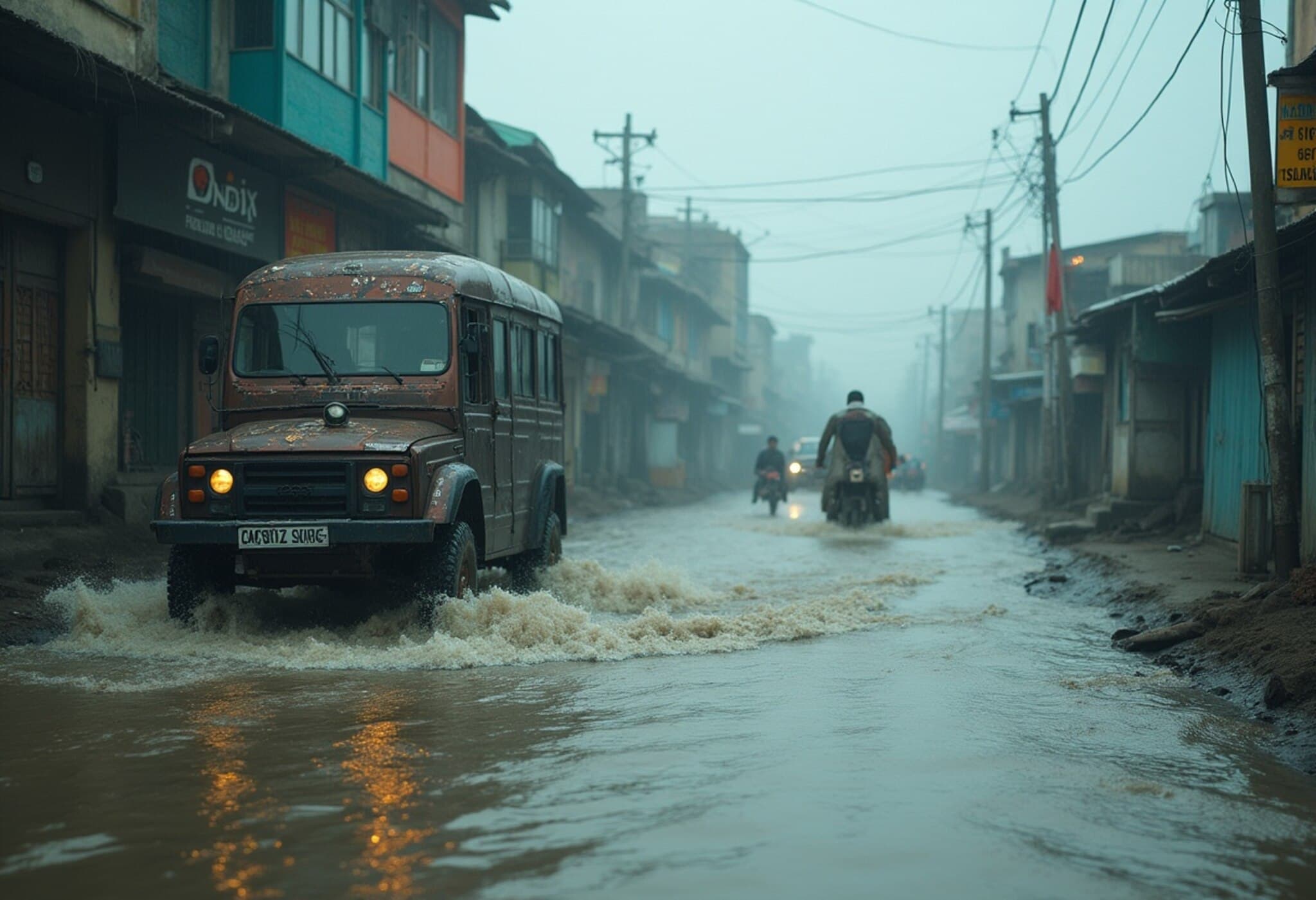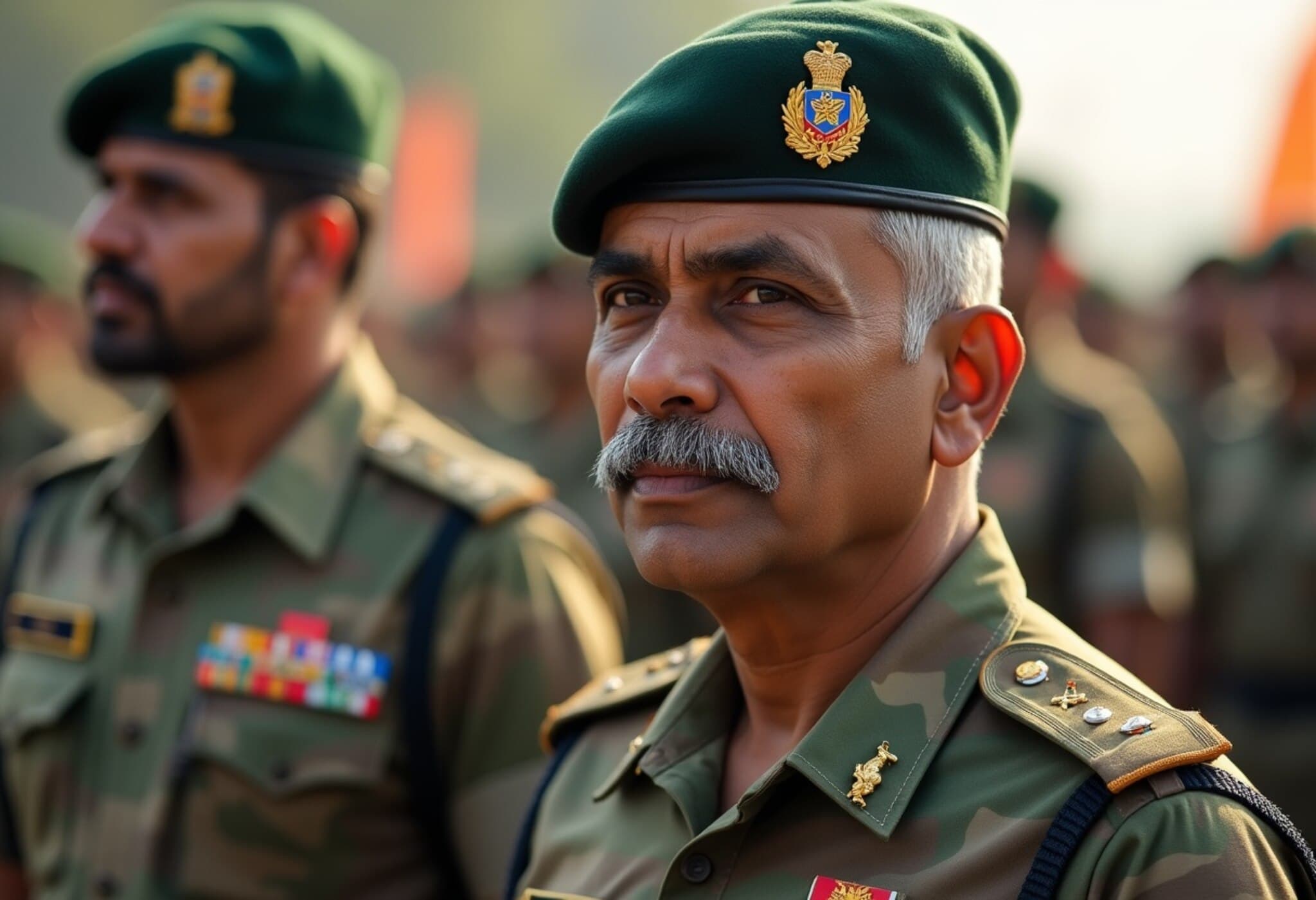Pakistan’s Restrictive Measures Against Indian Diplomats Spark Diplomatic Concerns
As tensions simmer between India and Pakistan in the wake of recent military escalations following the Pahalgam terror attack, Islamabad has reportedly enacted a series of restrictive measures targeting Indian diplomats stationed within its borders. These actions, described by Indian government sources as a deliberate breach of international diplomatic protocols, have raised alarm over the deterioration of bilateral relations and the respect accorded under the Vienna Convention.
Deliberate Disruption of Basic Services
According to confidential sources close to the Indian government and obtained by CNN News18, Pakistani authorities have systematically curtailed access to essential amenities for staff at the Indian High Commission in Islamabad. This includes withholding natural gas supplies despite the installation of dedicated gas pipelines by the Pakistani state-owned company Sui Northern Gas Pipelines Ltd (SNGPL).
Local vendors, who previously supplied cooking and heating fuel, have allegedly been instructed to cease sales to Indian mission residents. Compounding these hardships, the delivery of bottled drinking water—an essential commodity given the unsuitability of local tap water—has reportedly been blocked by government directives. This blockade extends to all mineral water suppliers in Islamabad, exacerbating daily inconveniences for diplomats and their families.
Restricting Access to Information
In a move that Indian officials interpret as an attempt to isolate diplomatic staff from accurate and timely information, newspaper vendors have been warned against delivering print media to the Indian mission. Such measures undermine the diplomats' ability to stay informed about local developments and reflect a broader strategy of non-traditional pressure tactics, bypassing established diplomatic channels.
Expert Analysis: A Strategy of ‘Petty Retaliation’
An Indian intelligence source attributes these retaliatory actions to Pakistan’s Inter-Services Intelligence (ISI), framing them as “petty retaliation” designed to unsettle and frustrate the Indian diplomatic presence without overt escalation. These tactics signal a departure from constructive engagement and complicate diplomatic communication during a critical period of regional volatility.
Experts suggest that such measures not only strain bilateral ties but risk undermining international diplomatic norms that safeguard the functioning of foreign missions worldwide. The Vienna Convention on Diplomatic Relations unequivocally guarantees the protection of diplomats and their access to necessary facilities, standards Islamabad appears to be violating.
Broader Context and Regional Implications
Historically, India-Pakistan relations have been marred by reciprocal diplomatic spats and security challenges. However, targeting fundamental amenities marks a concerning escalation in diplomatic friction. Analysts warn that continued erosion of mutual respect for diplomatic protocols could further isolate Pakistan in international fora and invite reciprocal measures affecting Pakistani diplomats in India.
Given the delicate security situation in South Asia, maintaining open dialogue channels remains critical. The current approach risks pushing bilateral relations into a deeper impasse, with potential spillover effects on regional stability and cooperation efforts, including counterterrorism and trade.
Looking Ahead
As the Indian government assesses the impact on its diplomatic staff, calls for international appraisal of Pakistan's adherence to diplomatic conventions are likely to increase. Global diplomatic watchdogs and multilateral organizations may soon be pressed to take cognizance of these developments.
In the meantime, Indian diplomats and their families face significant hardship, navigating a charged political atmosphere compounded by basic logistical challenges. This episode sheds light on the fragile intersection of geopolitics and day-to-day diplomacy, highlighting the human dimension often overshadowed by headline conflicts.
Editor’s Note:
This unfolding situation illustrates how diplomatic tensions can manifest in targeted disruptions, affecting not only state relations but the well-being of individuals serving abroad. It raises urgent questions about diplomatic immunity, adherence to international law, and the role of third-party mediation in South Asia. Readers should consider how these 'low-level' retaliations might escalate and what that means for future peace-building efforts between India and Pakistan.
For policymakers and observers alike, the challenge lies in balancing firm responses with opportunities for dialogue, ensuring diplomatic missions operate without coercion or harassment, securing the human rights of diplomats, and upholding the integrity of international relations.


